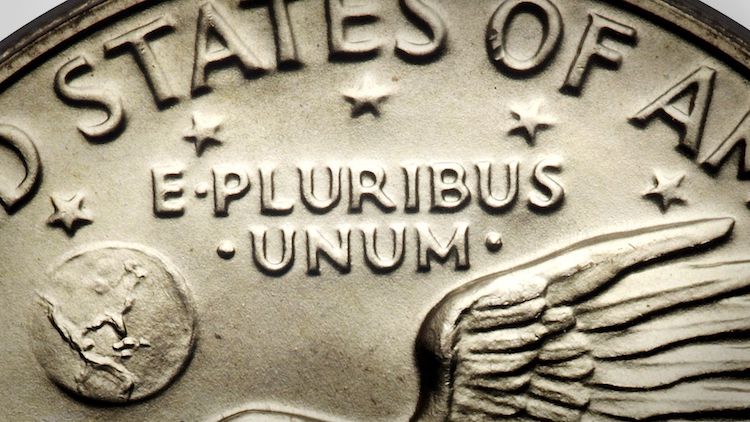
The mythology of E. Pluribus Unum that most people in our age group were taught while growing up turns out to have been just that — mythology. We were taught that “George Washington never told a lie”, that the sin of slavery was resolved by the Civil War, and the horrific efforts to try to exterminate Native peoples had long ago been resolved.
Back in 1950s, America had survived the Great Depression and had been victorious in World War II and was thriving as “the land of the free and the home of the brave.” Schoolchildren like me recited the Pledge of Allegiance every day at the start of classes. And as best I can remember, no one questioned anyone’s patriotism or commitment to our near-perfect “united” states.
Then there was the Civil Rights movement of the 1960s including the attempt to integrate the schools in Mississippi. The 1960s also saw the assassinations of JFK, MLK, and RFK, all civil rights proponents, as well as the ascendency of the third-party candidate for president, arch-segregationist George Wallace. In 1968, he won 46 electoral votes, 5 states, and about 16% of the votes nationwide.
Our country has always been divided. But the mythology of it being “united” finally fell completely apart in the past few years after things seemed to have been moving in the right direction under the leadership of Barack Obama, our first Black President, whose administration pulled the country out of a severe recession. But the part of our society which was not yet “united” reacted poorly to a Black man’s successful administration, and they helped elect a white nationalist to replace him who acted in corrupt and authoritarian ways. This culminated in the near loss of our democratic system of government with an attempted insurrection at the Capitol Building related to the election of a new president to replace the white nationalist one.
The few years before the 2020 election were increasingly tense with Civil Rights activists seeking greater social justice. This included the rise of the Black Lives Matter movement. These events further divided the country as voter sentiments on both sides of the divide solidified, and many voters even rejected the reality of the results of the decisive 2020 election.
Another stark reality is that Congress is now engaged in debate about the need for better security for the Capitol Building itself and how to best safeguard its members after the mob assault in January, which was committed exclusively by US citizens. Thus, the current threat of terrorism against the United States Government may now be greater domestically than from foreign adversaries, making the struggle for unity even more difficult to manage.
Paradoxically, if not for the catastrophic impact of a once-in-a-century pandemic, our democracy might have been lost. The immediate past election might have been won by the past incumbent because the pandemic changed voting rules eliminating much pre-existing voter suppression. And the economy collapsed under the mismanagement and impact of the pandemic.
There is hope that eventually there will be a truly democratic and unified United States of America in our future because the trends toward greater rights for women, minorities, and the disadvantaged are each a work in progress and moving in the right direction. But it is up to each of us to advocate for those human rights if we expect E. Pluribus Unum to prevail in the future and not just be mythology.
 Longtime OLLI member and volunteer Hugh Winig, MD is a retired psychiatrist and is the author of a book of short stories and a book of humanistic aphorisms. He was a founding Trustee of the Lafayette Library and Learning Center and a past President of the East Bay Psychiatric Association.
Longtime OLLI member and volunteer Hugh Winig, MD is a retired psychiatrist and is the author of a book of short stories and a book of humanistic aphorisms. He was a founding Trustee of the Lafayette Library and Learning Center and a past President of the East Bay Psychiatric Association.